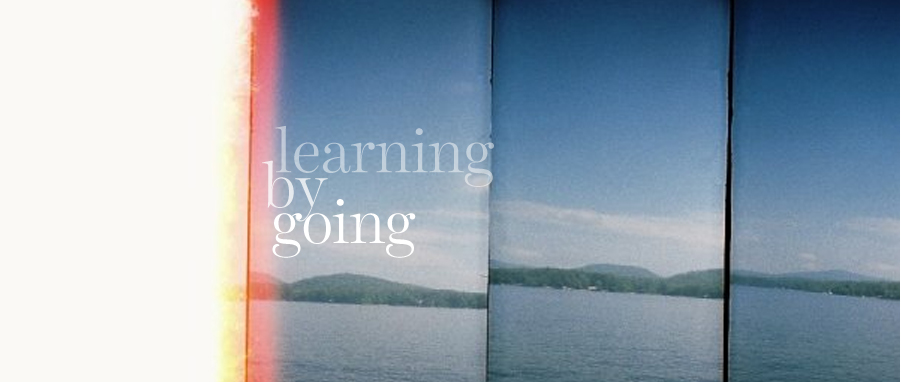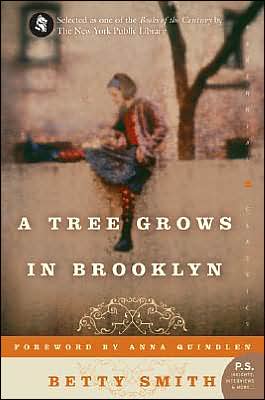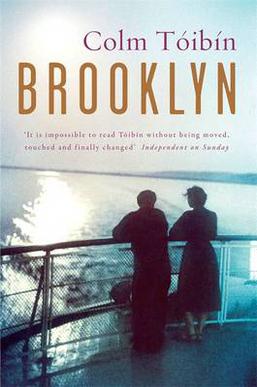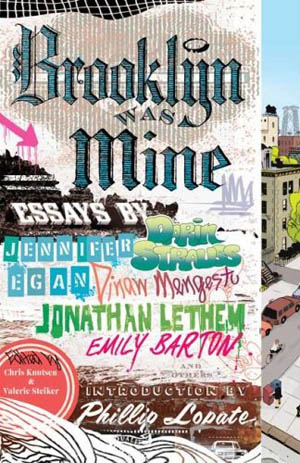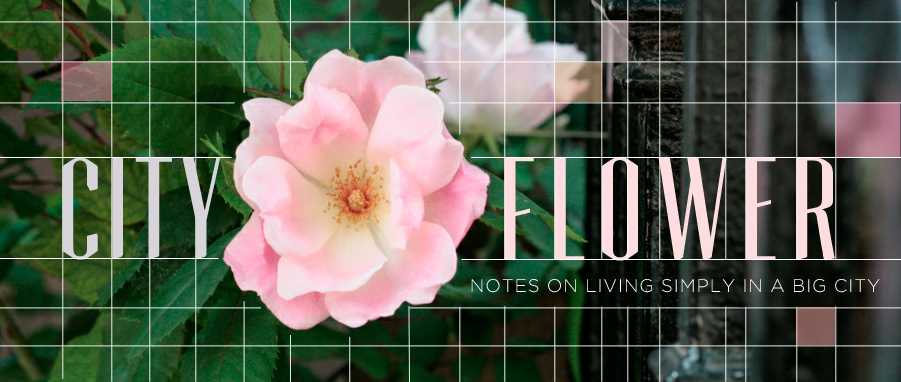By Randon Billings Noble Yesterday afternoon the twins were napping, rain was just starting to prattle through the leaves outside my window, and I was curled up with a cup of tea and a collection of The Best American Essays.
This is when I realized: Something happens when I read essays---something that doesn't happen when I read novels or short stories or even memoirs. I feel . . . enlarged.
The essay in this collection that brought my attention to this feeling was "After the Ice" by Paul Crenshaw. I won't write much about the content of the essay---I'd rather you read it yourself and let it unfold for you---but here is a passage that starts to show what I'm talking about:
"After the funeral, while my family gathered in the living room of my grandmother's house and some of the men stood on the front porch and talked of violence, I walked through the woods on my grandmother's land. It was stifling inside the house, and loud with the sounds that accompany death, but outside it was cold and still. The air hovered right around freezing, and the light mist that fell could not decide whether it wanted to be snow or rain. Late in the afternoon, the dark came early, and by the time I turned around to walk back only the porch light was visible. The rain had finally made a decision, and the only sound around me was ice on frozen leaves."
Nothing really happens in this passage. But something does. A boy leaves a crowded house and walks in the woods. Something elusive but meaningful shifts during this walk, even though we never learn exactly what: the passage ends with a section break, and on the other side of that white space a new line of thought begins. But the moment is captured. A dilated moment of meaning.
When I finished reading I sat for a while. The rain was coming down hard and steady, filling the room with its fresh green smell, and there was thunder in the distance. This moment---this moment on my couch with the tea cold at my elbow and the rain outside and the feeling of this essay settling in my mind and somehow lightly tingeing it forever---this moment felt enlarged. It felt important. It felt connected to the moments that Crenshaw describes, walking through the woods after the funeral or driving by an empty house or standing in the backyard at night after a snowfall. And it promised me that my own future moments---tonight holding one of the twins after a nightmare, later this summer looking out a window in New Hampshire, years from now running my hand absently along a stalk in a field of lavender---these moments would have the same largeness, the same sense of importance, even if I never wrote them down.
And maybe that's what essays do: they call attention to moments---real, lived moments---and that's all that is needed. Attention. Attending. We notice and we wait and we serve the silent shift that marks the internal change from "then" to "now and forever after."
A moment in the woods. In the dark backyard. On the couch with a hard summer rain falling outside. Sometimes that's all it takes to know that our course has been subtly shifted---to whatever our new future holds.
Lovely illustration by Akiko Kato












 Last week, my fiance James and I joined throngs of our fellow New Yorkers to watch To Kill A Mockingbird in Brooklyn Bridge Park. The scene was impressive. The lawn was full to overflowing with families and friends and, in the case of the duo in front of us, very amorous young couples. Many of them packed dinner picnics and set up a hodge-podge of sleek picnic blankets and dirty beach towels to take in the film and the sunset over the East River. I imagine half the crew was seeking refuge from their overly air-conditioned offices and the other half sought the cool breeze coming off the river after a day of sweating it out without any.
Last week, my fiance James and I joined throngs of our fellow New Yorkers to watch To Kill A Mockingbird in Brooklyn Bridge Park. The scene was impressive. The lawn was full to overflowing with families and friends and, in the case of the duo in front of us, very amorous young couples. Many of them packed dinner picnics and set up a hodge-podge of sleek picnic blankets and dirty beach towels to take in the film and the sunset over the East River. I imagine half the crew was seeking refuge from their overly air-conditioned offices and the other half sought the cool breeze coming off the river after a day of sweating it out without any.









